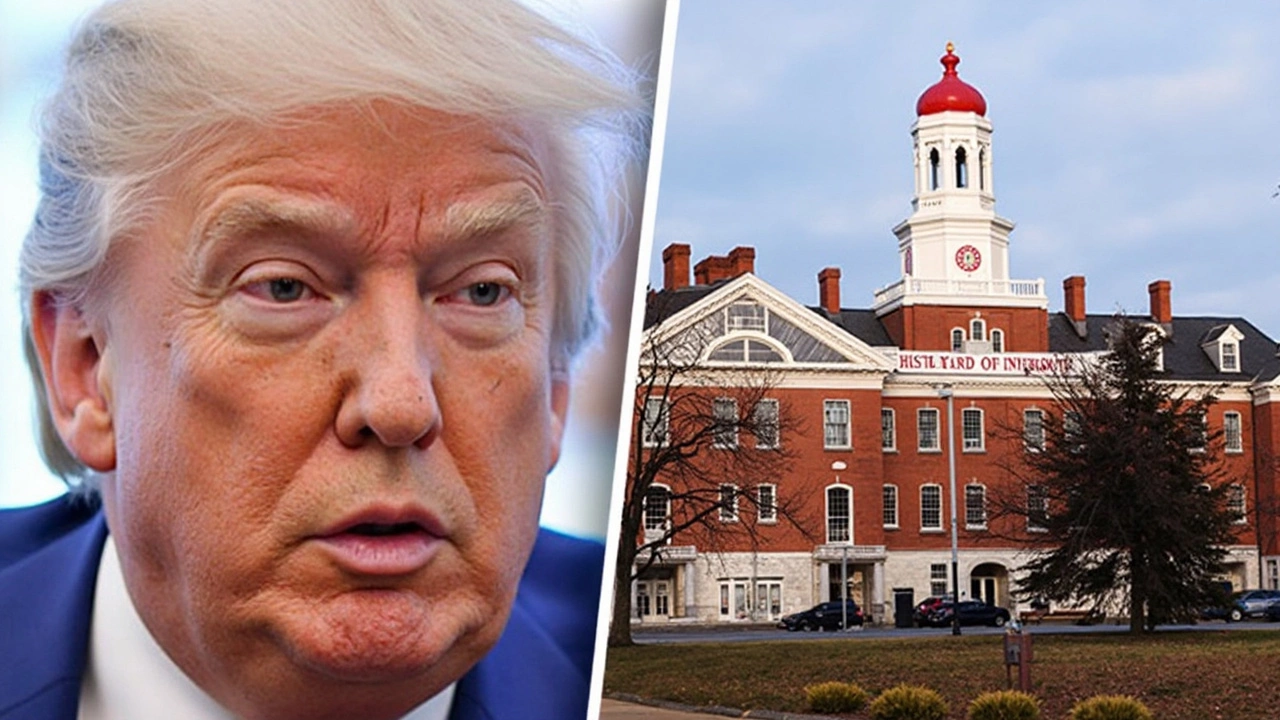Foreign Students in Motorsports – Your Quick‑Start Guide
If you’re studying abroad and dream of a racing seat, you’re not alone. Every year dozens of students from Europe, Asia and the Americas land in the UK, Italy or the US hoping to turn a hobby into a career. The good news? Motorsports schools and teams are actively looking for fresh talent, and there are clear pathways to get on the grid.
First thing to check is whether your university offers a motorsport engineering program or a partnership with a local racing academy. Schools like Oxford Brookes, Coventry University and the University of Bologna run dedicated courses that include track days, simulator labs and industry placements. Enrolling gives you a recognised credential and, more importantly, a foot in the door with sponsors who scout campus events.
Scholarships and Funding for International Riders
Money is the biggest hurdle, but many organisations set aside funds just for international students. The FIA’s ‘Young Drivers Programme’ awards up to €15,000 to riders who show promise in karting or formula junior series. Likewise, the British Motorsport Association runs a yearly grant for non‑UK students pursuing a licence or track testing. Keep an eye on the application deadlines – they usually fall in March and September.
Don’t forget university‑based scholarships. If you’re studying engineering, you might qualify for the ‘STEM Motorsports Initiative’, which covers tuition and provides a stipend for karting expenses. Combine these with local club memberships and you can often cover the cost of a race‑day licence, gear, and even travel to European circuits.
Visas, Licences and Legal Basics
Getting the right visa is critical. For most EU and non‑EU students, a Tier 4 (General) student visa lets you work up to 20 hours a week, which is enough for part‑time coaching or pit‑crew roles. If you land a full‑time driver contract, you’ll need to switch to a Tier 2 (Sportsperson) visa. The club or team sponsoring you must provide a Certificate of Sponsorship, and you’ll have to show proof of a valid International Sporting Licence from your home federation.
Applying for the licence itself is straightforward: register with the national motorsport authority (e.g., Motorsport UK) and submit proof of identity, medical fitness and a recent racing résumé. Most authorities accept an English translation of foreign documents, so have those ready in advance.
Once you have the paperwork sorted, focus on building a network. Attend local race events, join driver development programmes, and don’t shy away from volunteering at pit lanes – every hour on the track counts towards experience and contacts.
Finally, remember that culture and communication matter. Speaking clear English, showing respect for team hierarchy, and adapting to local racing etiquette will make coaches and sponsors more likely to keep you around. A simple "thank you" after a testing day or a quick follow‑up email can set you apart from other hungry drivers.
Bottom line: as a foreign student you have unique advantages – fresh perspectives, multilingual abilities, and a willingness to travel. Pair those with the right scholarship, a valid licence, and a solid visa strategy, and you’re well on your way to turning the classroom into a racecraft classroom. Ready to rev the engine on your motorsport career? Start by checking your university’s motorsport links today.
